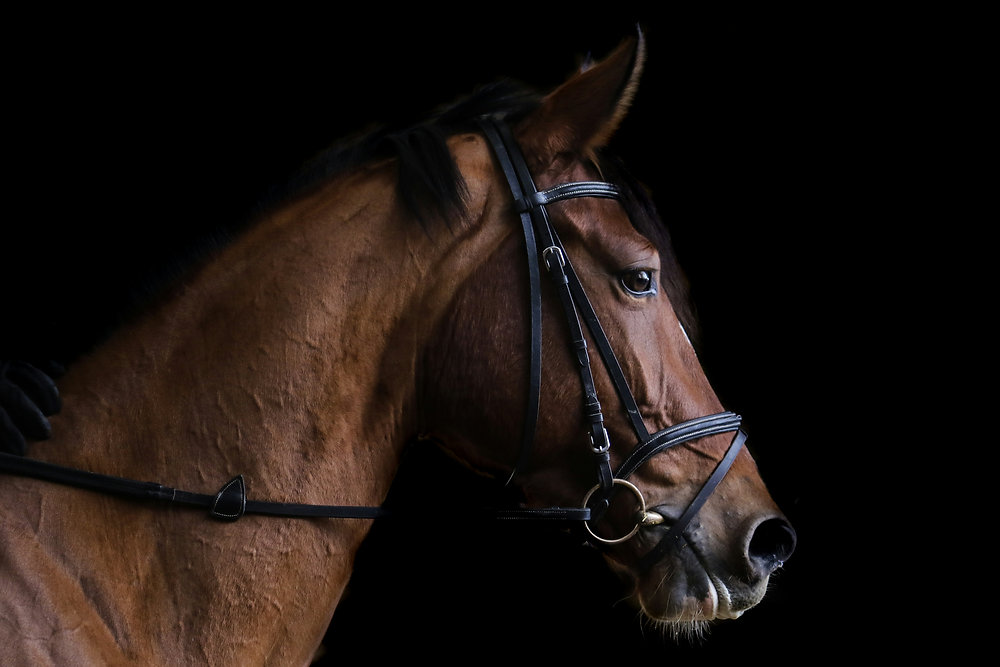
DAERA Minister Andrew Muir has called on equine establishment operators across Northern Ireland to act now and register their premises, in a major step to improve animal welfare and traceability across the sector.
The new legal requirement mandates that all establishments keeping equines—including horses, ponies, donkeys and even zebras—must be registered with the Department of Agriculture, Environment and Rural Affairs (DAERA) by 1 February 2026. Registration is free and straightforward, and will result in the allocation of an Equine Establishment Number (EEN).
Minister Muir said the change was “an essential first step towards introducing a robust equine traceability system in Northern Ireland.”
“It is essential that we all work together to protect our equine animals and support the industry at all levels in Northern Ireland,” he said.
“Those of us who care about our equine companions want to do the right thing and protect them from exploitation and harm. This is the first of a number of equine traceability measures which I plan to implement under Animal Health Law in the time ahead.
“I strongly urge anyone operating an establishment where equines are kept to register your equine establishments now, to ensure that you meet the 1 February deadline.”
What the Law Requires
Registration of equine premises is now a legal requirement under EU Animal Health Law, Regulation (EU) 2016/429, which came into effect in April 2021 and has since been incorporated into Northern Ireland’s legal framework.
All Passport Issuing Organisations (PIOs) authorised by DAERA will, from 1 February 2026, require a valid EEN when processing:
Failure to provide an EEN could result in delays or an inability to buy, sell, move, or export equines.
While owners do not need to register themselves unless they operate the premises where equines are kept, they must ensure the establishment is registered and know the EEN when applying for or updating a passport.
Benefits of Registration
According to DAERA, the benefits of registering equine establishments include:
-
Better traceability of animals
-
Improved disease control and prevention
-
Enhanced protection against fraud and theft
-
Stronger welfare safeguards for equines
-
Access to expert advice and regulatory guidance
More information, including FAQs and the online registration portal, is available at: www.daera-ni.gov.uk
